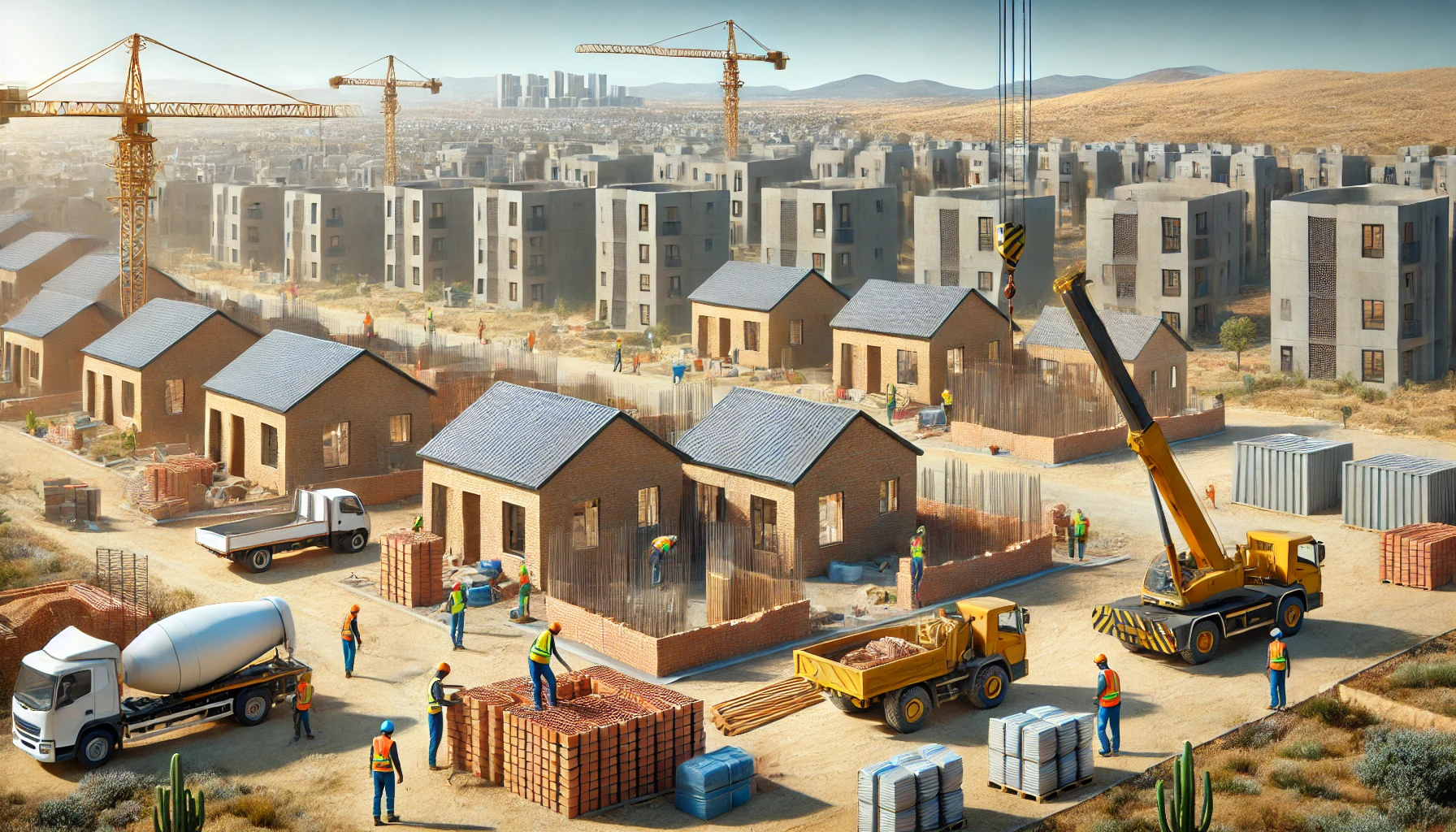NZ Moves to Fast-Track Granny Flat Construction with Landmark Legislation
The proposed changes are part of a broader initiative by the coalition Government to address the nation’s acute housing shortage.

- Country:
- New Zealand
New Zealand is on the brink of a transformative shift in housing policy, following the successful first reading of the Building and Construction (Small Standalone Dwellings) Bill in Parliament. This pivotal legislation, aimed at streamlining the construction of small standalone dwellings—commonly known as granny flats—has received significant cross-party support and public endorsement. Once enacted, the law will allow homeowners to build granny flats of up to 70 square metres on their properties without needing resource or building consents.
Tackling the Housing Crisis with Simpler Rules
The proposed changes are part of a broader initiative by the coalition Government to address the nation’s acute housing shortage. According to RMA Reform and Housing Minister Chris Bishop, “It’s currently far too hard to build the homes New Zealanders need, with even the simplest dwellings requiring time-consuming and costly consent processes.”
He emphasized that these barriers have contributed to skyrocketing housing costs and restricted the ability of families to accommodate their changing needs. “We know increasing housing availability directly translates to lower living costs for our communities,” Bishop said. “That’s why the Government is committed to making it faster and more affordable to build granny flats.”
Following extensive public consultation earlier this year—where the proposal received overwhelming support—the Government resolved to exempt such dwellings from the usual regulatory hurdles. Under the new National Direction of the Resource Management Act, the requirement for resource consent will be removed by the end of 2025. Simultaneously, the Building and Construction Bill will eliminate the need for a building consent.
Boosting Productivity and Reducing Red Tape
Building and Construction Minister Chris Penk highlighted the productivity benefits that will follow. “Tradies will be able to get on with the job without being bogged down by costly and time-consuming paperwork, while homeowners can have confidence their granny flat project won’t be hit by unexpected costs from delays waiting for council inspections.”
He further noted that the consent exemption is projected to enable the construction of approximately 13,000 granny flats over the next decade. This not only promises a boost to the building sector but also offers a consistent stream of projects for tradespeople, free from bureaucratic delays.
Promoting Multigenerational and Rural Living
The Bill also carries important social implications. Associate Finance Minister Shane Jones emphasized the role of granny flats in supporting multigenerational living. “This will allow older New Zealanders to maintain their independence while staying close to whānau,” he said. “It’s also a practical solution for young adults, especially in rural areas where housing options are limited.”
Granny flats are increasingly seen as a flexible and cost-effective housing option for a wide range of residents—from elderly family members and people with disabilities to seasonal workers and young adults seeking affordable living solutions.
Delivering on Coalition Commitments
This legislative push fulfils a key policy commitment of the National–New Zealand First coalition, which pledged to simplify the building and resource consent system to enable quicker and more affordable housing development. The Government aims to have the law in place by the end of 2025, ensuring that families can start their building projects promptly and with reduced financial and administrative burdens.
A Step Toward More Resilient Communities
By removing barriers to small-scale housing developments, New Zealand is taking a critical step toward creating more resilient, adaptable, and inclusive communities. As families grow and needs change, the ability to build secondary dwellings with minimal red tape could prove vital in keeping families together and lifting living standards nationwide.
The Bill's progress through Parliament marks a significant milestone in the nation’s effort to rebalance its housing market and empower citizens to create homes that reflect their unique circumstances and aspirations.










